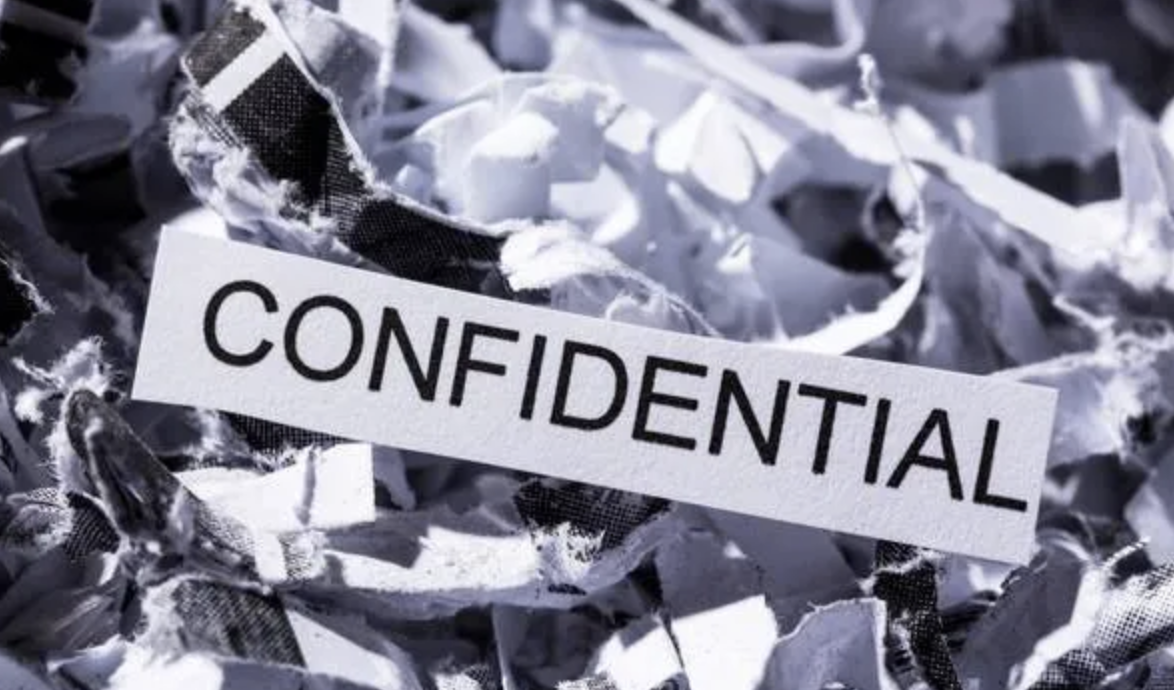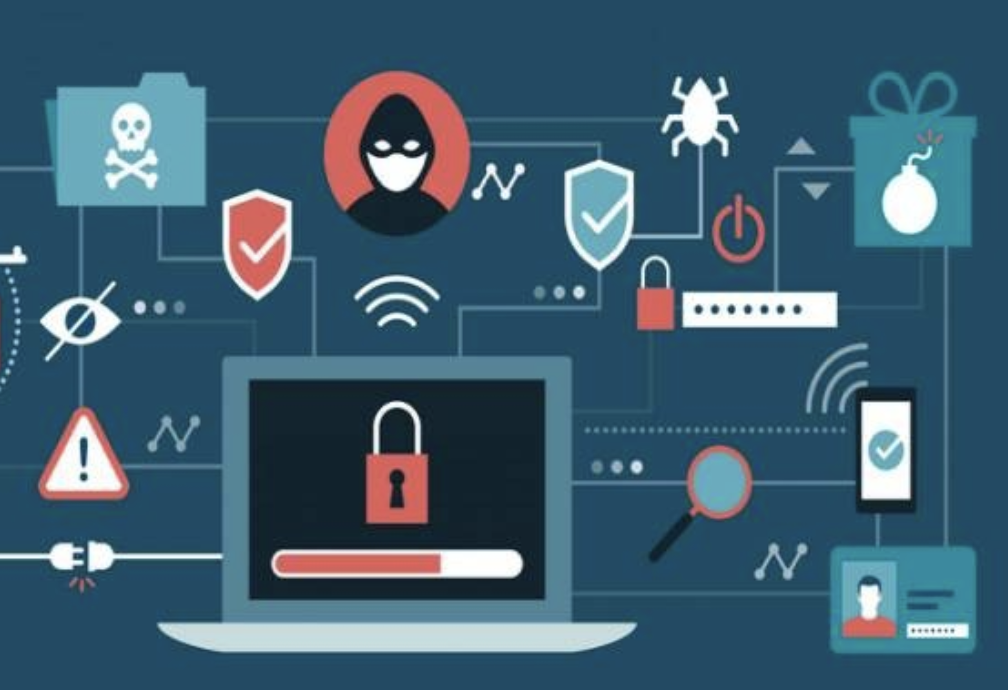A dark web scan refers to the process of monitoring and searching for an individual’s personal information or credentials on the dark web. The dark web is a part of the internet that is not indexed by traditional search engines and is often associated with illegal activities, including the buying and selling of stolen data, hacking tools, drugs, and more.
Several cybersecurity firms or services offer dark web monitoring tools that scour underground forums, marketplaces, and other hidden websites to identify if an individual’s sensitive information, such as Social Security numbers, credit card details, login credentials, or personal data, is being traded, sold, or shared illegally.
Here’s why individuals should consider checking if their personal information is exposed on the dark web:
- Data Breaches: Large-scale data breaches regularly occur, resulting in stolen data being sold on the dark web. Individuals might not be aware that their data is compromised until they experience identity theft or financial losses.
- Identity Theft: Stolen personal information can be used for identity theft, where cybercriminals impersonate individuals to commit fraud, open accounts, or conduct illicit activities in their name.
- Financial Security: Exposure of financial details like credit card numbers, bank account information, or login credentials can lead to financial fraud or unauthorized transactions.
- Privacy Concerns: Protecting personal information is crucial for maintaining privacy. When sensitive data is available on the dark web, it could potentially be misused for malicious purposes, impacting an individual’s privacy and reputation.
- Early Detection: Monitoring the dark web for personal information provides an opportunity for early detection of a potential breach. Identifying compromised data early enables individuals to take prompt action, such as changing passwords, notifying financial institutions, or taking preventive measures against identity theft.
While dark web scans can be beneficial in alerting individuals to potential risks, it’s important to note that not all dark web scanning services are foolproof. Some services might provide false positives or not have access to all dark web sources. Additionally, individuals should remain vigilant about their online security, regularly update passwords, enable multi-factor authentication, and be cautious about sharing personal information online to reduce the risk of exposure.




